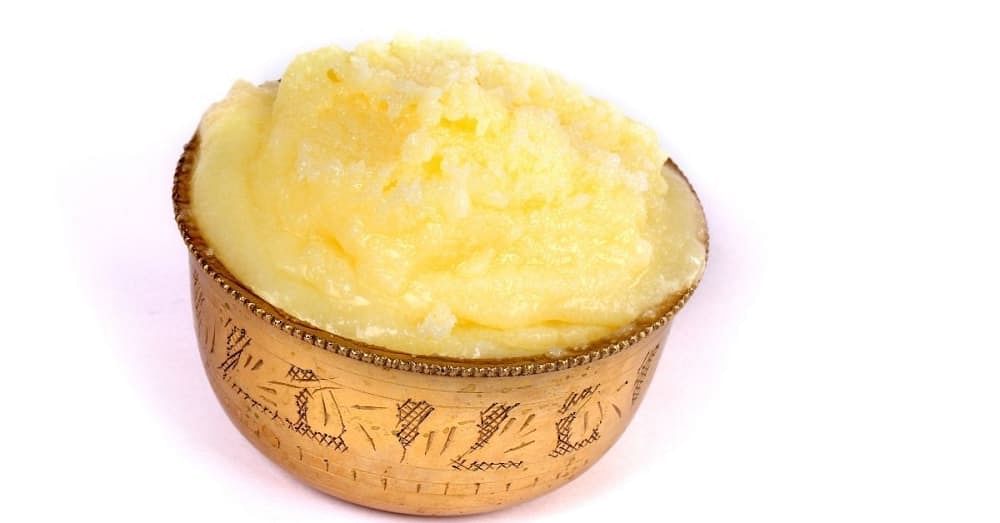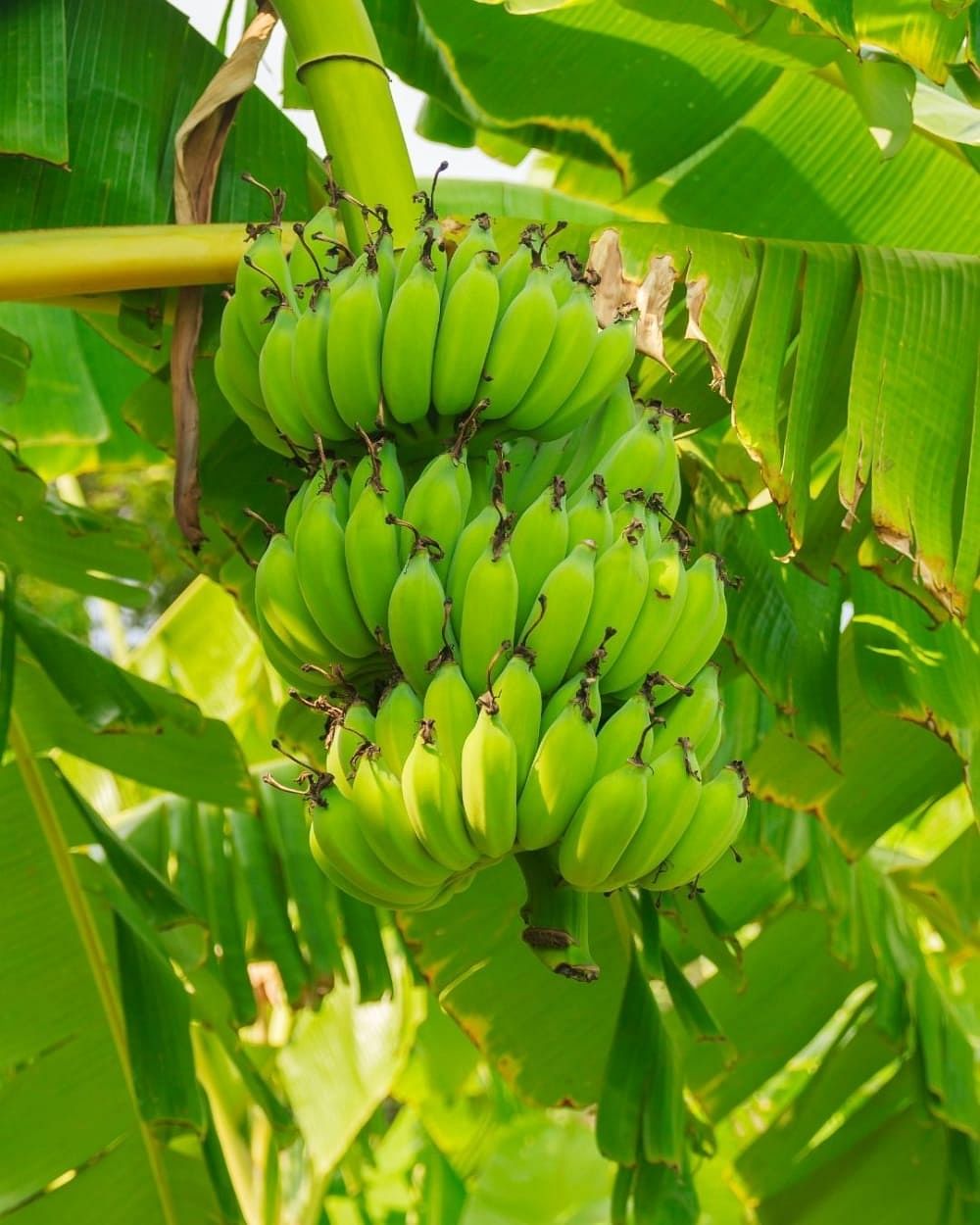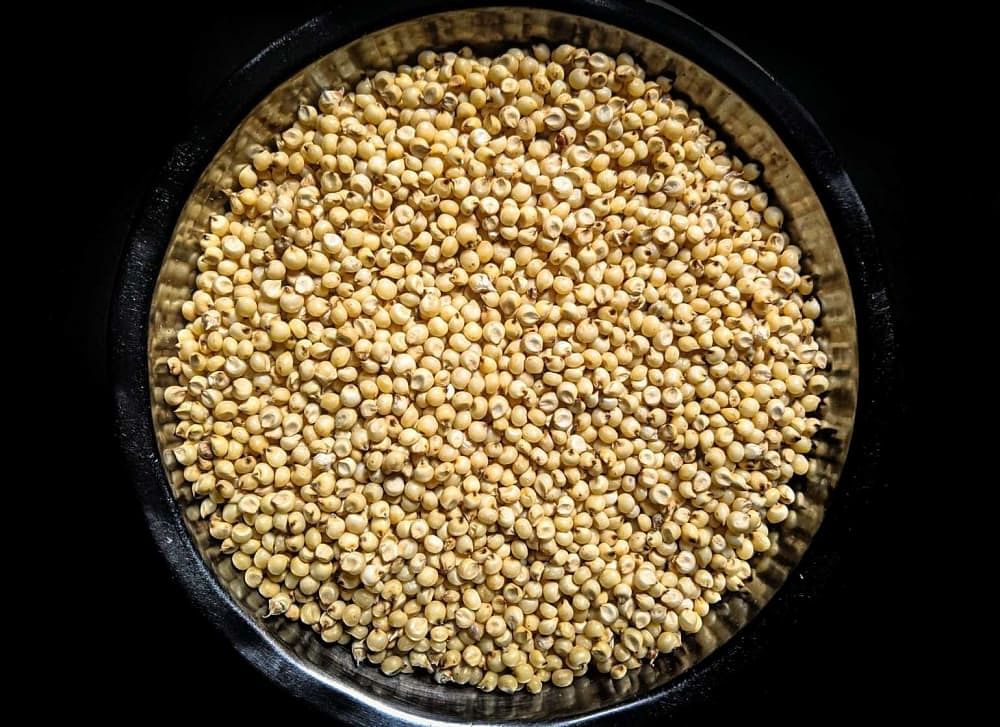Watermelon Seeds Nutrition
Watermelon is a nutritious and hydrating fruit with about 92% water. As much as the fruit is healthy and full of essential minerals and vitamins, watermelon seeds are equally beneficial for your body.
Watermelon seeds nutrition include the following:
1. Low-calorie content
Watermelon seeds contain very low calories. About 4 grams of watermelon seeds contain only 23 calories.
2. Zinc
Watermelon seeds nutrition content is built on zinc. A rich source of zinc, watermelon seeds help boost immunity, promote digestion, cell growth, and maintain your nervous system.
3. Magnesium
Magnesium is required for metabolic activity. Watermelon seeds are rich in magnesium and help boost your body’s metabolism.
4. Iron
Watermelon seeds contain iron that helps in the production of haemoglobin in your blood.
5. Good fats
Good fats include monounsaturated and polyunsaturated fatty acids. These good fats are essential for preventing a heart attack, stroke and lowering your blood cholesterol levels. Watermelon seeds contain good fats that are essential for good health.
1 ounce or 28.35 grams of watermelon seeds contains:
- 158 kcals
- 8 g protein
- 13.4 g fat
- 4.34 g carbohydrates
- 15.3 mg calcium
- 2.06 mg iron
- 146 mg magnesium
- 214 mg phosphorus
- 184 mg potassium
- 2.9 mg zinc
- 16.4 mcg folate
Benefits of Watermelon Seeds
As you have read above, watermelon seeds have plenty of nutritive value, and that is primarily how melon seeds benefit us.
The major body functions that are enhanced by watermelon seeds include:
1. Heart health
Watermelon seeds benefit heart health as they are a rich source of good fats. Studies show that replacing your intake of saturated and trans fats with good unsaturated fats helps reduce the risk of heart disease. The rich content of magnesium in watermelon seeds keeps your heart healthy and regulates your blood pressure levels.
The anti-inflammatory and antioxidant properties of watermelon seeds make them a good food for heart health. Melon seeds benefit the heart owing to their vasodilator properties (help with widening blood vessels).
The iron in watermelon seeds helps produce haemoglobin that improves the blood’s oxygen-carrying capacity in your body. Zinc helps regulate calcium movement in the heart.
2. Regulation of blood sugar
The benefits of watermelon seeds include regulating your blood sugar levels by improving insulin sensitivity. Magnesium present in watermelon seeds benefits the body by regulating the metabolism of carbohydrates, thus impacting blood sugar levels.
3. Skin health
Watermelon seed oil benefits the skin as it is rich in vitamin C and antioxidants. Get rid of your acne and early signs of ageing, and get smooth, glowing skin with melon seeds. The anti-inflammatory properties and the rich magnesium content of watermelon seeds benefit your skin by acting as a moisturiser for dull, dry skin.
Also Read: Daily Skin Care Routine For Oily Skin: Best Practices, Pro Tips, More
4. Hair strength
Enjoy healthy hair with watermelon seeds due to their content of proteins, magnesium, iron, zinc, and copper. All these essential minerals help promote hair growth and strengthen your hair, thereby preventing hair fall and damage.
5. Preventing osteoporosis
Watermelon seeds prevent bone disorders due to their rich magnesium, zinc, copper, and potassium content.
6. Immunity
Packed with iron, zinc, and magnesium, watermelon seeds help boost your immune system.
7. Improved male fertility
A rich source of zinc, watermelon seeds boost male reproductive health. Zinc improves the quality of sperm and enhances male fertility.
8. Boosting of nervous system health
Melon seeds are rich in vitamin B and other essential minerals that keep your brain and nervous system functioning properly.
9. Enhanced metabolism
The nutrients in melon seeds regulate your body’s metabolism and help in weight management.
10. Promotion of lung health
Watermelon seeds have antioxidant and anti-inflammatory properties that help reduce the effects of asthma and boost lung health.
11. Enhanced energy levels
The essential nutrients present in melon seeds help boost your energy levels and keep you pumped for long.
12. Reduced risk of prostate cancer
The chemical compound lycopene is present in watermelon seeds. It has powerful anti-cancer properties, and studies show that lycopene reduces the risk of prostate cancer.
How to Eat Watermelon Seeds
If you are wondering how to eat watermelon seeds, then they are best consumed roasted. Roast some watermelon seeds in the oven for 10 minutes with olive oil at 350 °F and devour this tasty snack. Also,
- You can eat watermelon seeds by sprouting them.
- Grind the seeds into a powder and add them to your favourite dish.
- Sprinkle melon seeds into your smoothies and salads for that extra crunch.
How to Consume Watermelon Seeds
You can make the following recipes with watermelon seeds:
- Watermelon seeds bars
- Watermelon seeds barfi
- Watermelon seeds rice











